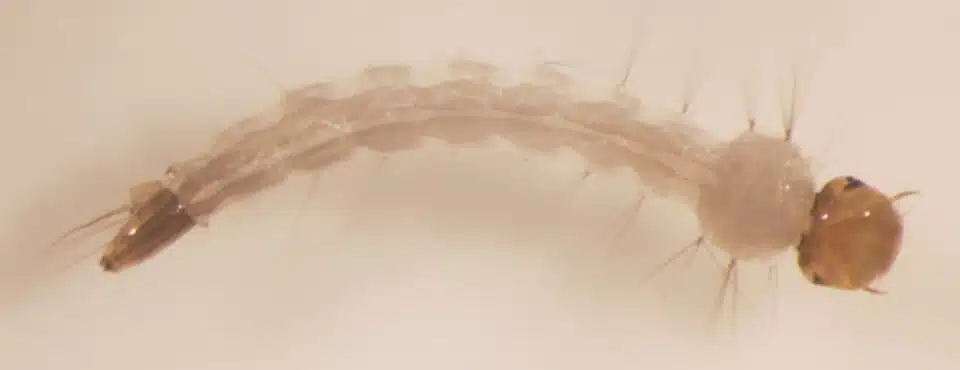PUTRAJAYA, Sept 28 — Climate change is one of the factors affecting the breeding of Aedes mosquitoes in the country, said Health Minister Datuk Seri Dr Dzulkefly Ahmad.
He said the breeding process is very active when there is a temperature change.
“Structural factors such as sand trap is also a factor. I noticed that the sand trap is the breeding base (location) of Aedes. A rooftop that does not meet public health requirements also becomes a breeding ground for larvae,” he told the press after the Gotong Royong Mega Fight Aedes 2.0, 1 Hour Malaysia Clean Up and Malaysia Clean Up program today.
Yesterday, the Health Ministry (MOH) reported that weather conditions play an important role in the transmission of dengue fever because it affects the habitat and survival of the Aedes aegypti mosquito.
According to the Malaysian Meteorological Department, the monsoon transition phase will begin on Tuesday (September 24) and is expected to continue until November.
Until the 38th Epidemiological Week (ME38) from September 15 to September 21, the MOH reported 1,514 cases of dengue fever, including two deaths.
Dr Dzulkefly said the ministry will strengthen dengue prevention and control activities through district health offices, health clinics and the Communication for Behaviour Change volunteer team.
Among the activities carried out by the MOH with the cooperation of various agencies are vector control monitoring and inspection of Aedes mosquito breeding grounds.
— Bernama





